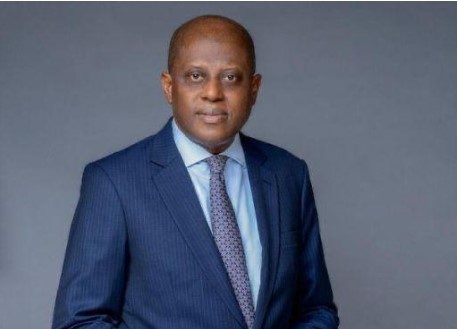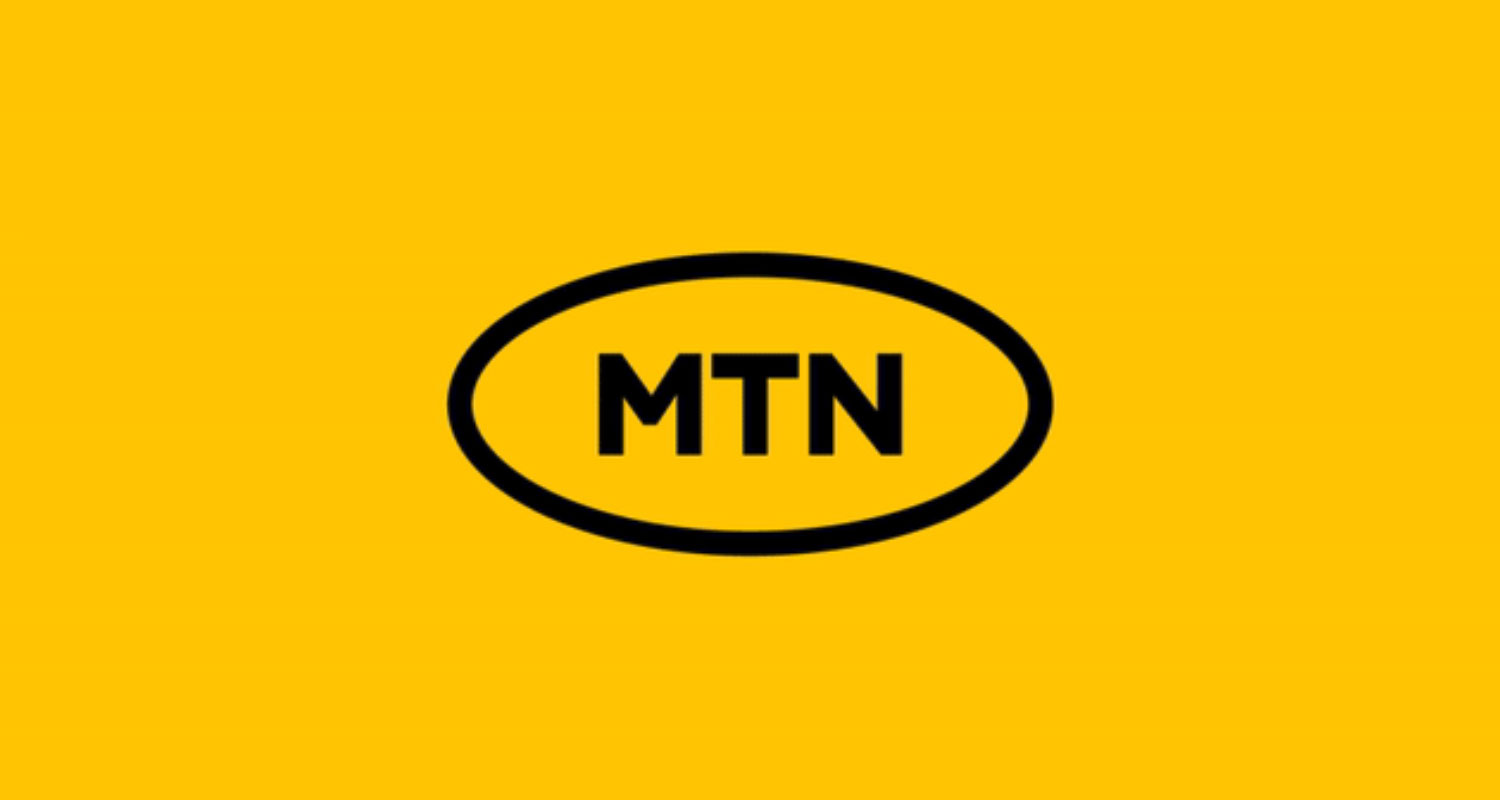By Joseph Ekeng
In the face of a battered economy and a weakened naira, Olayemi Cardoso, the newly appointed Governor of the Central Bank of Nigeria (CBN), has outlined ambitious plans to rejuvenate the nation’s financial landscape. As he assumes the reins of the CBN this week, Cardoso faces the formidable task of rebuilding trust in an institution that has weathered eight years of mismanagement, all while restoring confidence in the beleaguered Nigerian currency.
The Nigerian economy has been navigating turbulent waters, exacerbated by the recent removal of a $10 billion annual fuel subsidy and the liberalization of the foreign exchange market by President Bola Tinubu, who assumed office in May. These changes, though necessary, have had adverse effects on an already fragile economy.
The naira has suffered a sharp decline, reaching unprecedented lows, and the cost of petrol has surged, propelling inflation to an 18-year high. However, in a recent Senate screening in Abuja, Governor Cardoso unveiled his strategy to address these pressing issues and steer the Nigerian economy toward stability.
Cardoso’s plan hinges on two key objectives. Firstly, he intends to tackle the ongoing depreciation of the naira by promptly settling a substantial portion of the country’s overdue dollar debts. This move aims to alleviate the pressure on the naira and enhance foreign currency operations, which have been hampered by speculative demand for the dollar.
Secondly, Cardoso pledges to enforce strict compliance with all regulations related to making the foreign currency market accessible and transparent for investors. He emphasized the need to return the CBN to its core mandate, limiting its role to advisory functions and facilitating a new regulatory framework.
Cardoso detailed his short-term and long-term measures to combat the naira’s depreciation and rising inflation. He stressed the importance of achieving a stable exchange rate for Nigeria’s economic development and highlighted the need for balance-of-payments improvements through resource diversification.
The immediate priority, according to Cardoso, is addressing unsettled obligations by the CBN, which could range from N$4 billion to N$7 billion. Transparency, he believes, is paramount in attracting serious foreign investors, portfolio investors, and Foreign Direct Investment. Establishing clear and reliable rules for market participants is a vital step in encouraging investment.
Governor Cardoso acknowledged that these immediate actions would alleviate restrictions and attract investment, thus enhancing liquidity in the market. Furthermore, he emphasized the importance of data-driven monetary policies to address the challenges of inflation.
In conclusion, as Olayemi Cardoso takes charge of the CBN, his commitment to revitalizing the Nigerian economy is evident. With a focus on debt settlement, transparency, and evidence-based policies, his tenure as Governor holds the promise of steering Nigeria toward economic stability and renewed investor confidence. The nation watches with anticipation as Cardoso begins this crucial chapter in Nigeria’s financial history.






Comment
No comments found.